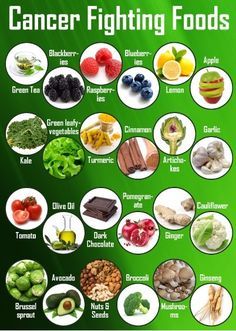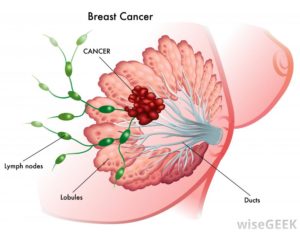
Diagnosed with Cancer? Your two greatest challenges are understanding cancer and understanding possible side effects from chemo and radiation. Knowledge is Power!
Learn about conventional, complementary, and integrative therapies.
Dealing with treatment side effects? Learn about evidence-based therapies to alleviate your symptoms.
Click the orange button to the right to learn more.
- You are here:
- Home »
- Blog »
- side effects ID and prevention »
- Breast Cancer and Genistein
Breast Cancer and Genistein

Dietary Estrogens Reduced Efficacy of Novel Breast Cancer Therapy
“Dietary xenoestrogens drastically reduce the effectiveness of palbociclib plus letrozole in the treatment of patients with BC, according to a study published in Cell Chemical Biology…
Results showed that genistein and zearalenone antagonized the metabolic effect of palbociclib plus letrozole in BC cells. Upon exposure to either xenoestrogen, cancer cells returned to a level of activity similar to that of before treatment…”
Scientists Untangle the Soy-Breast Cancer Paradox
“To eat soy or not: That’s the question many U.S. women have been asking. Tofu, miso paste, and other soybean-based foods are high-quality sources of protein that are low in calories and saturated fat. And studies have shown that they can help prevent cancer.
Yet many doctors recommend that women who have or are at risk of developing, a common form of breast cancer called estrogen-receptor-positive breast cancer avoid eating soybean-based foods because they contain compounds called isoflavones. Some studies suggest that isoflavones can mimic the hormone estrogen and encourage tumor growth…
The study may explain why women in Asian countries, who tend to consume high amounts of soybean-based foods throughout their lifetime, have rates of breast cancer that are five times lower than those of women in the United States…
In their animal study, the researchers induced cancer growth in rats that had a steady diet of genistein and in rats that never had any genistein until after the cancer developed. All of the rats were then treated with tamoxifen to kill the cancer. The researchers found that the rats raised on genistein had only a 7 percent chance of breast cancer recurrence after tamoxifen treatment, but the rats that were recently given genistein had a 33 percent recurrence rate…
In other words, the paradox is in the timing. It may be that soy consumption is protective only if started before cancer develops.
Despite the lingering ambiguity of whether the same is true in humans, Hilakivi-Clarke thinks the animal study can inform doctors and their patients.
“We have solved the puzzle of genistein and breast cancer in our rat model, which perfectly explains the paradox seen in earlier animal studies and patients,” Hilakivi-Clarke said. “While many oncologists advise their patients not to take isoflavone supplements or consume soy foods, our findings suggest a more nuanced message — if these results hold true for women. Our results suggest that breast cancer patients [who ate soy before their diagnosis] should continue consuming soy foods after diagnosis, but not to start them if they have not consumed genistein previously…”


